Since Genetically Modified Organisms were introduced in Africa, they have faced misconceptions and myths surrounding their safety, environmental impact, and benefits.
Ironically, the debate is led by environmental activists who have based their understanding on hearsay, not scientific facts.
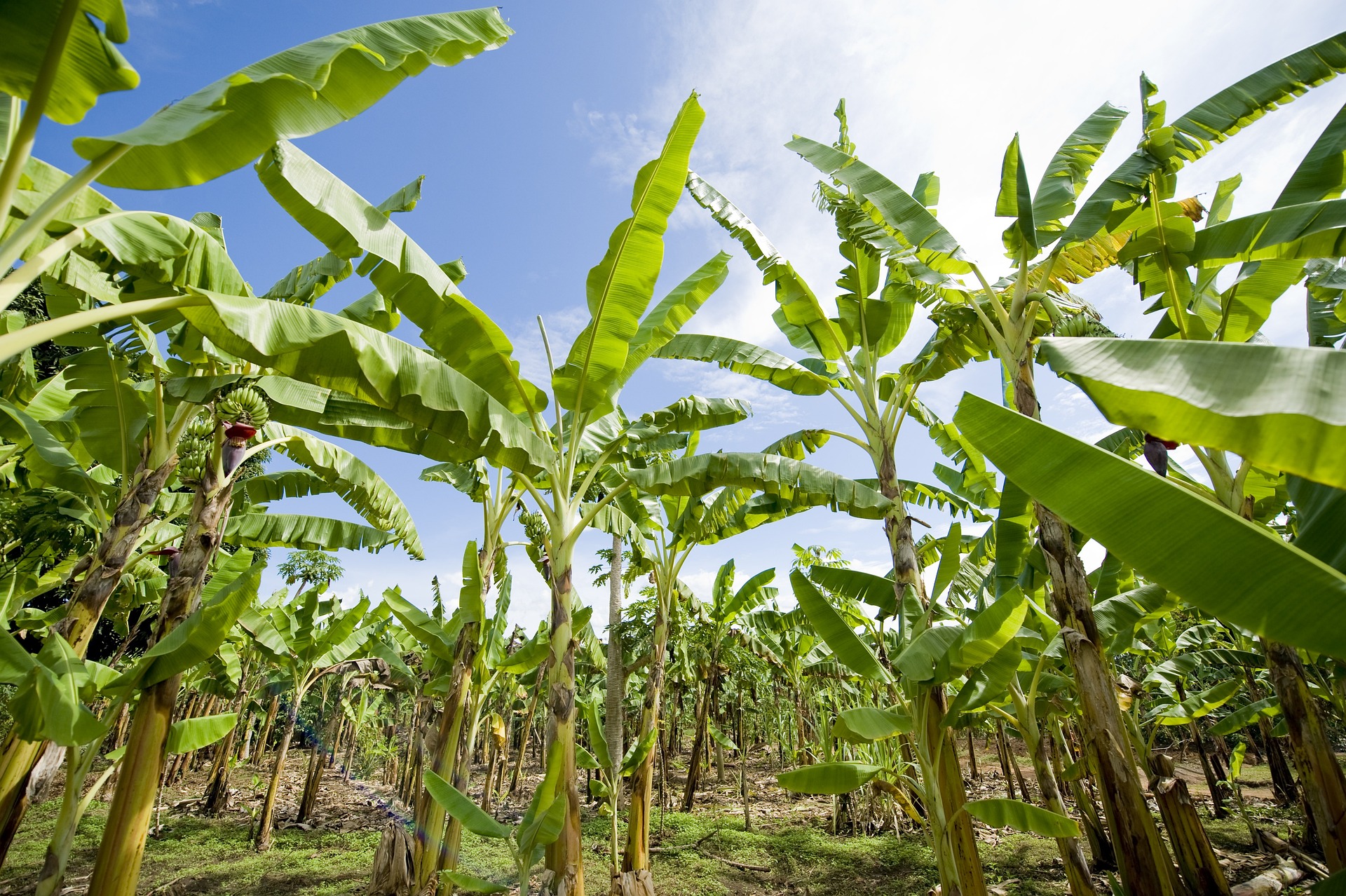
In Africa, where agriculture plays a pivotal role in the economy and livelihoods of millions, these myths about GMOs have often hindered the adoption of agricultural biotechnology.
However, in recent years, several African countries have started to overcome these misconceptions and embrace the potential of GMOs as a sustainable solution to food security.
By prioritizing scientific evidence and strict regulatory frameworks, African countries are overcoming the myth that GMOs pose significant environmental risks.
Africa’s leaders also recognize the critical role genetic engineering can play in crop improvement and food and nutritional security enhancement.
In 2022, Kenya’s new government lifted the ten-year ban on GMOs.
As scientists and researchers were celebrating that the move would contribute to their country’s quest for food security, a group of individuals went to court to challenge the decision.
That tactic is not new.
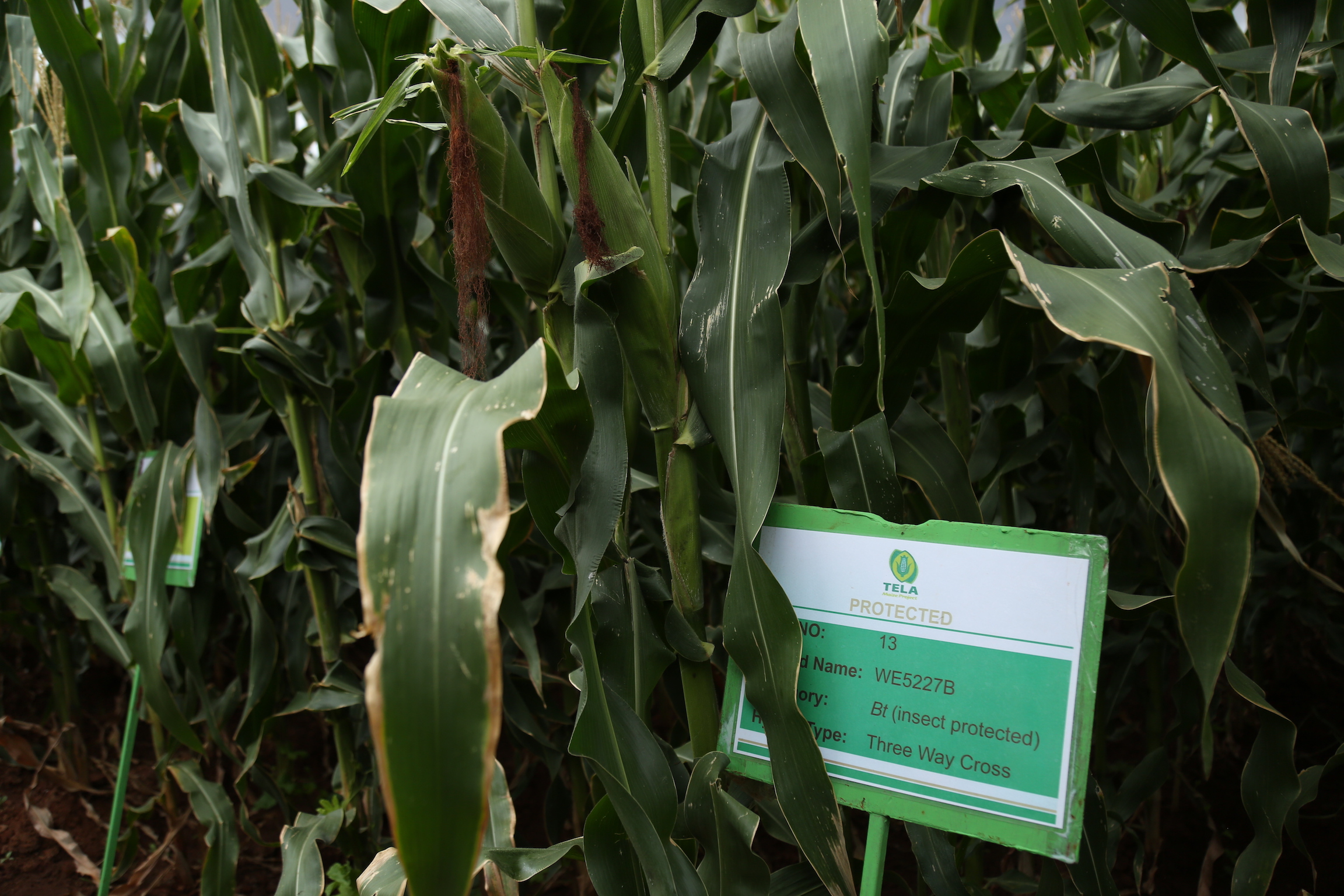
It had been earlier employed by an anti-GM group in Nigeria when approval was given for the Confined Field Trial of GM Maize.
Ghana was also not spared, as a lawsuit instituted by an anti-GM group has been going on for over ten years.

When Nigeria commercialized its first Bt cotton variety in 2018, and the anti-technology activists demanded a total ban on GMOs, Dr Ogbonnaya Onu, the then Minister for Science, Technology and Innovation, said that the debate on whether GMOs are safe was only an imagination of the media.
“Science and the scientific community agree that GMOs are safe and pose no harm to humans, the environment, or animals,” Dr Onu said.

While opening the 2023 AATF Review and Planning meeting for the Pod Borer Resistant (PBR) Cowpea Project, Dr Kwaku Afriyie, the Ghana Minister for Environment, Science, Technology and Innovation, said that: “Africa requires an innovative way to feed her people. Old practices cannot help us.
“Biotechnology has presented us with an excellent tool in the form of genetic engineering, which has assisted other continents in attaining self-sufficiency in producing critical crops in which they now have comparative advantages. Africa cannot be different.”
Farmers in Nigeria have been planting Bt cotton, planting, and eating the PBR cowpea for over three years without reporting mishaps or environmental harm.
The anti-GM groups have always said that GMOs are unsafe for human consumption.
To combat this, governments and scientists in Africa have actively engaged in rigorous scientific research to assess the safety of GMO crops.
Another common misconception that the anti-GMO activists preach is that only multinational corporations benefit while small-scale farmers remain disadvantaged.
Numerous studies conducted by reputable institutions, such as the African Biosafety Network of Expertise (ABNE), have consistently confirmed the safety of approved GM crops for human consumption.
These findings have gradually dispelled the myth, leading to a more positive public perception of agricultural biotechnology.
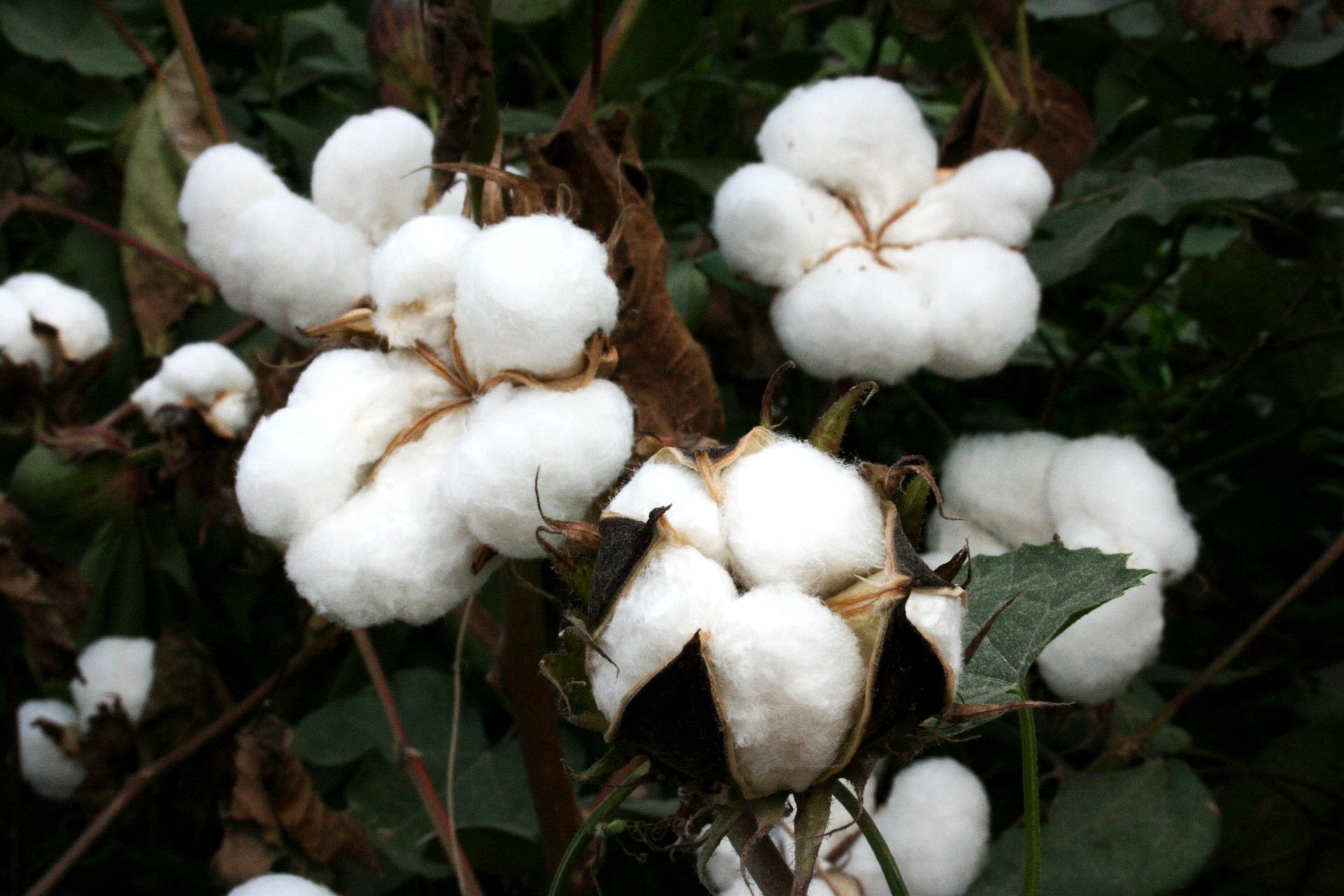
Farmers in Nigeria have been planting Bt cotton, planting, and eating the PBR cowpea for over three years without reporting mishaps or environmental harm.

In 2022, Ghana approved the release of the PBR cowpea, while Burkina Faso, one of Africa’s leading countries in the cultivation of Bt cotton, in the last decade, has also approved the release of the PBR cowpea.
As countries increasingly accept GM crops, critics still believe that they (GMOs) may harm the environment, jeopardizing biodiversity and promoting the emergence of super pests and superweeds.

Professor Paco Sereme, President National Academy of Sciences, Arts and Letters of Burkina Faso, said, “African nations have been mindful of the need for environmental conservation, particularly given the continent’s unique ecological diversity.
“Regulatory agencies and researchers have conducted extensive risk assessments to address these concerns before approving any GMO crop for commercial cultivation.”
In Nigeria, the 100-year-old Institute for Agricultural Research is leading in developing and releasing genetically engineered crop varieties.
Furthermore, some GM varieties have been engineered to reduce the need for chemical pesticides, which can help mitigate the impact on non-target species.
By prioritizing scientific evidence and strict regulatory frameworks, African countries are overcoming the myth that GMOs pose significant environmental risks.
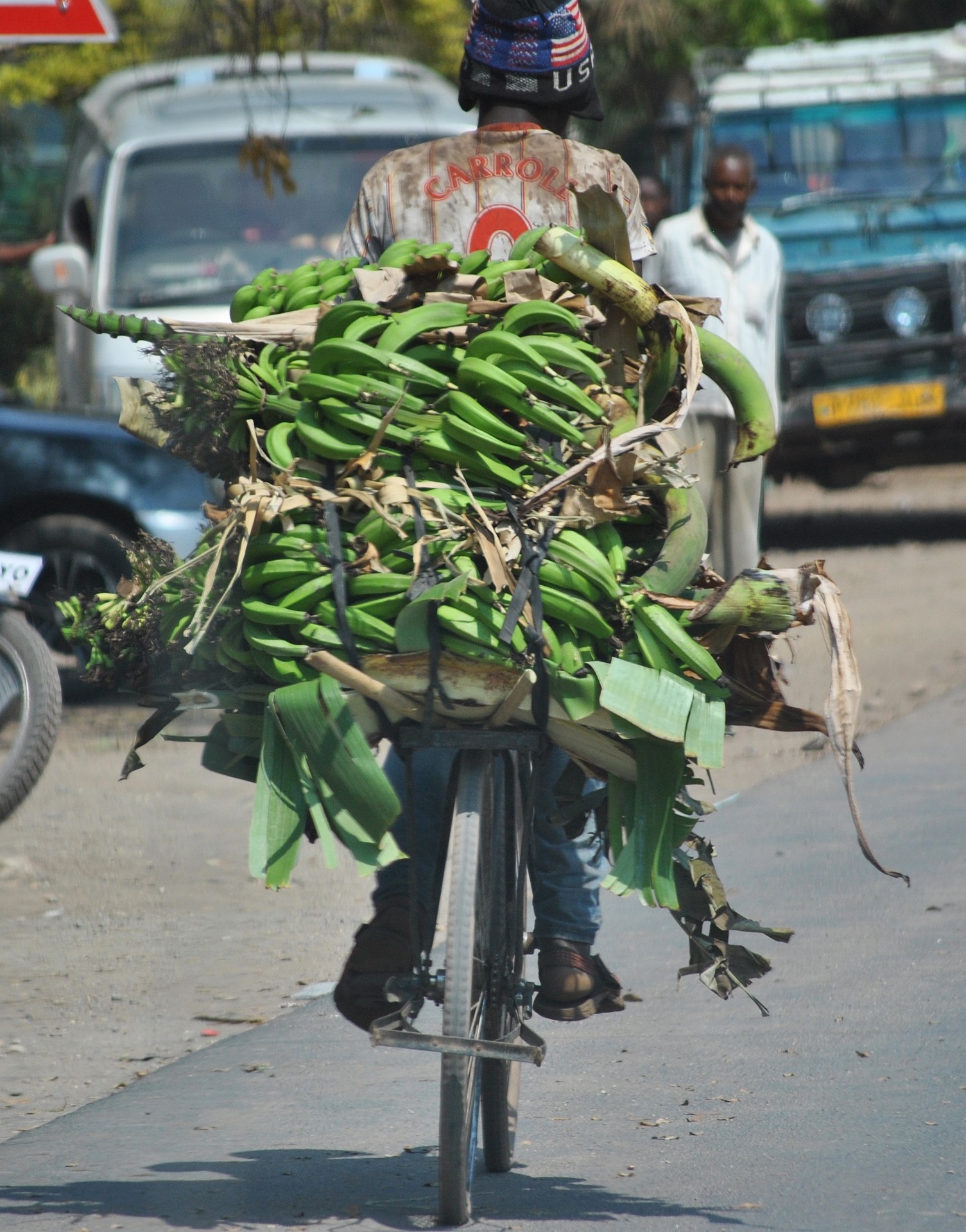
Another common misconception that the anti-GMO activists preach is that only multinational corporations benefit while small-scale farmers remain disadvantaged.
But the African approach, in reality, benefits all farmers.
Genetically modified crops developed and released in Africa were engineered to be pest-resistant or drought-tolerant, which can increase yields and reduce the cost of inputs for farmers.
All crops developed using the technology are grown by government-owned research institutions that, by law, are funded to improve various crops for the good of society.
In Nigeria, the 100-year-old Institute for Agricultural Research (IAR) is leading in developing and releasing genetically engineered crop varieties.
The seeds are sold to seed companies cheaply to encourage farmers to adopt the varieties.
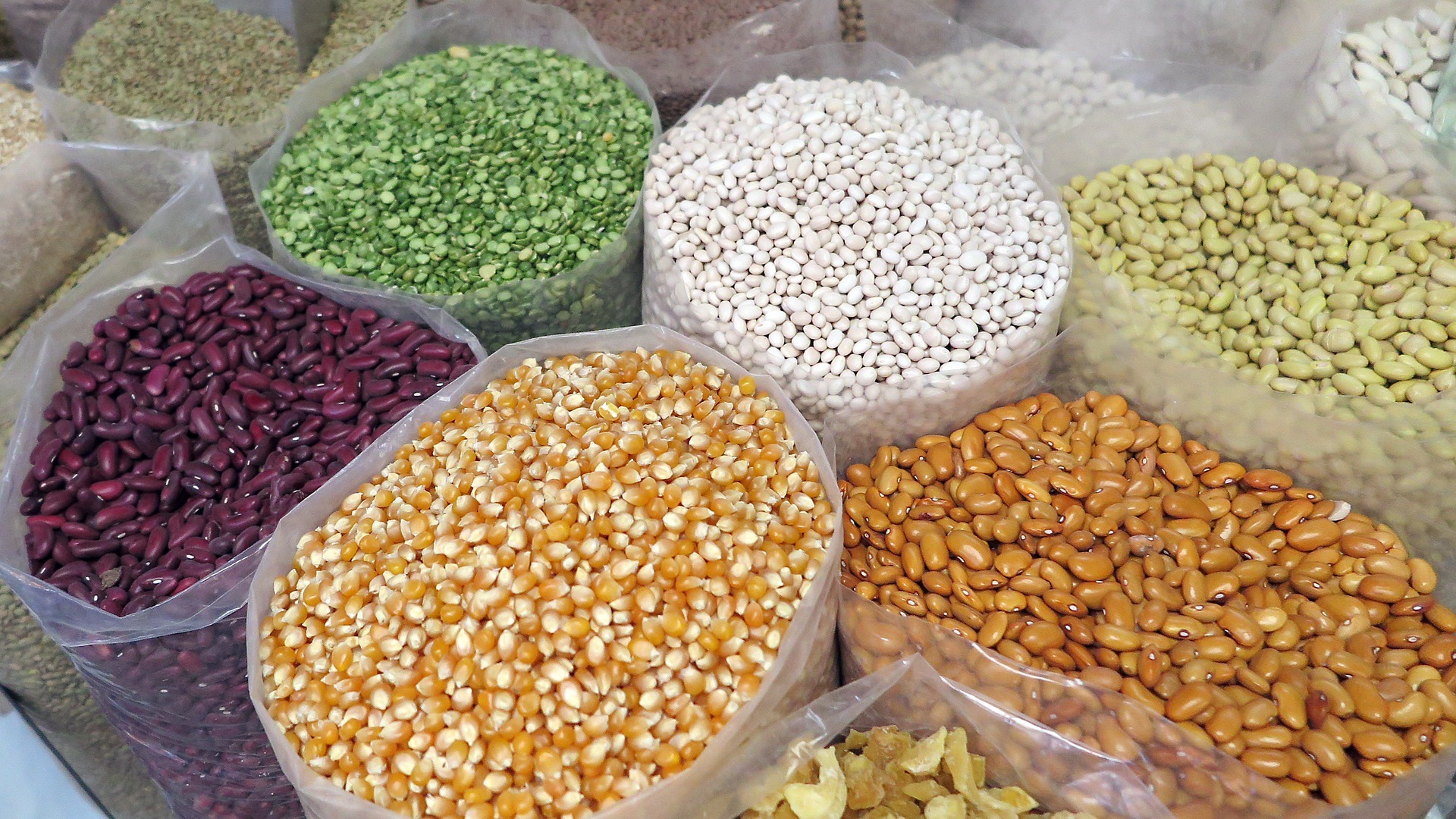
The coming of GM crops has also opened the seed system in Africa, with farmers being encouraged to buy seeds every planting season rather than save grains for replanting.
Most of the genetically modified crops developed and released in Africa were engineered to be pest-resistant or drought-tolerant, which can increase yields and reduce input costs for farmers.
By partnering with local agricultural institutions, African countries have developed GM crop varieties tailored to their specific needs, empowering small-scale farmers and encouraging widespread adoption.
_______________________________________________________________________________________________
Alex Abutu is a science journalist at the African Agricultural Technology Foundation (AATF), leading communication and advocacy strategies in West and Central Africa.
